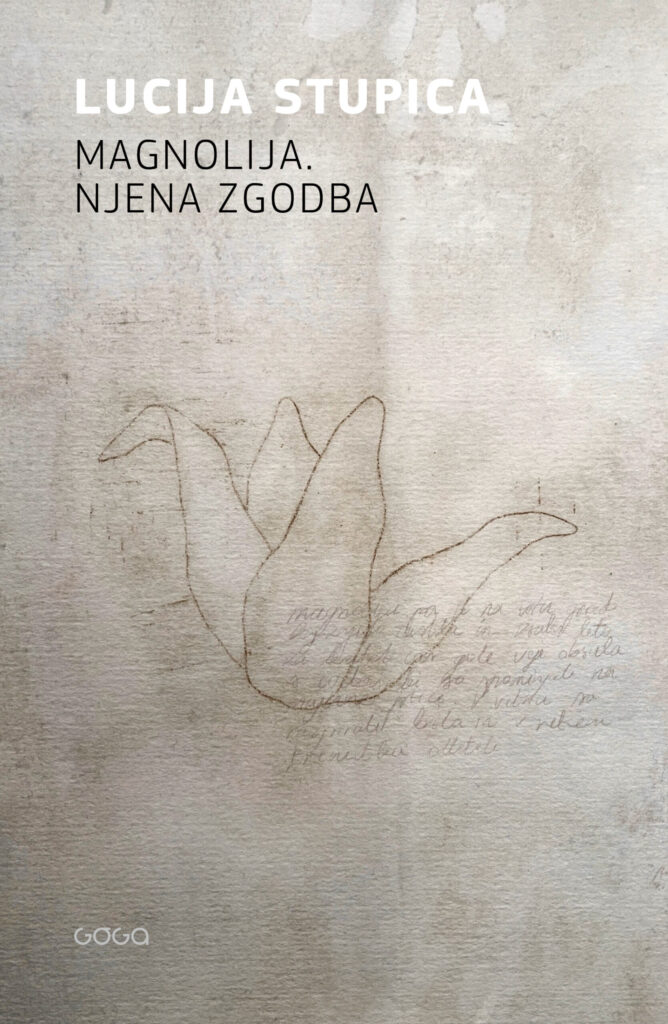Press
“If the thematic division of the previous book was already reflected in the tripartite title, the plural of the current title does not bring in dispersion, but a virtually magnetic assembly point of attention. Also that of its readership.” – Slovenian literary critic Diana Pungeršič, Literatura literary magazine
Indeed, the previous books did also contain themes of vanishing, though more in the sense of travel and elusiveness, unwillingness to strike root and readiness to make a step further. However, back then, the style was more freely floating, while Vanishing Points seem to be more meticulously carved-in, with each letter and full stop appearing in exactly the right place. The final result could have been boxed-in and constrained, but thanks to the Stupica’s poetic instinct, the poems succeed in conveying a sense of vivid perfection – and of merciless power, written with playful ease. These are poems that breathe, speak, and look the reader straight in the eye without diverting the gaze for a single second. Meeting this look, to be perfectly honest, proves to be a breathtaking experience.” – Swedish literary critic Sebastian Lönnlöv, Svenska Dagbladet daily newspaper
“The here and now—occasionally clearly defined by the motif of foreignness, written insightfully, convincingly, and vividly—is broken into by different times, places, ancestors, different voices, possible stories, the games of this day, the longings of tomorrow—all this being written in the collection Vanishing Points as a meticulously arranged folder of the past, the present, and the future resulting in the sum total of life. On the stylistic level, it is a homogenous and thoughtfully worded collection of narrative poems. The collection is pervaded by a special existential feeling difficult to define, articulated in a highly superior mode.” – from the nomination for the Veronika Award
“Stupica’s material is, one might say, the external world, but her poetic mind is turned inward, analytical, searching. Her poems often bring to mind a kind of seemingly realistic camera shots over a certain place […] but through the phrasing, through the relationship between the various components, the scene deepens into a sort of enigmatic clarity.” – Swedish poet and literary critic Erik Bergqvist, Finnish daily Hufvudstadsbladet
